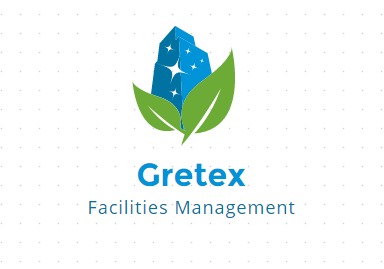FDIC & OCC Ask Banking Companies To Please Quit Issuing Pay Day Loans As aˆ?Direct Deposit Advancesaˆ?
Thanks for visiting the Consumerist Archives
Thanks for checking out Consumerist. At the time of October 2017, Consumerist is no longer making new articles, but go ahead and flick through the archives. Here you might get 12 years really worth of posts on anything from steer clear of dodgy frauds to composing a fruitful grievance page. Consider several of our very own ultimate hits below, explore the kinds on the left-hand area of the webpage, or check out for score, critiques, and customer information.
Might notice that I’d to lay about my personal postcode about Wells Fargo website simply to get this screengrab, as Direct Deposit Advance is certainly not for sale in shows like Pennsylvania that do not let payday advance loan.
Even though many payday credit surgery aren’t right linked with federally insured banking companies, certain greatest labels in banking – particularly Wells Fargo – supply preciselywhat are efficiently payday loans via aˆ?Direct Deposit Advance Loans.aˆ? But today the FDIC while the Office with the Comptroller of this Currency has considering some guidance on finance companies they manage, fundamentally claiming aˆ?That’s enough of that, you shouldn’t ya consider?aˆ?
FDIC & OCC Ask Banking Institutions To Be Sure To End Issuing Payday Advance Loan As aˆ?Direct Deposit Advancesaˆ?
Similar to payday advance loan, Direct Deposit progress offer short term, fairly low-value financial loans, however with large costs that may result in the cash tough to payback in a short period of the time. Hence, individuals often have to take aside a fresh financing to pay off the earlier one, and so on etc.
Consistently, buyers advocates and also some lawmakers bring called for a conclusion to those debts, claiming they truly are predatory and that they furthermore present a monetary and reputational threat with the banks that provide them.
So, as an assistance to federally insured banking companies, the FDIC and OCC bring each issued a 22-page guidance data [PDF] that delineates every reasons financial institutions ought not to provide these debts, effectively telling the associations to place an end on the exercise.
HUGE DANGER FOR SEVERAL REQUIRED aˆ?The FDIC consistently inspire banking companies to respond to clients’ small-dollar credit score rating needs,aˆ? checks out the letter, aˆ?however, banking companies must be aware that deposit advance services and products can create numerous credit, reputation, operational, conformity, and other dangers.aˆ?
While financial institutions justify the enormous charges connected with Direct Deposit Advance financial loans as actually based on the large credit possibilities the individuals, the advice explains a large number of loan providers you shouldn’t actually always check a borrower’s creditworthiness before giving an immediate Deposit Advance:
aˆ?Typically, the financial institution doesn’t assess the customer’s ability to payback the mortgage according to repeating debits or other evidences of a necessity for continual earnings to cover more expense. The choice to progress credit to users, oriented entirely in the quantity and frequency of their deposits, stands in contrast to financial institutions’ conventional underwriting guidelines for any other products, which typically add an assessment of the power to repay the mortgage predicated on an analysis regarding the consumer’s funds.aˆ?
This problems to take into account perhaps the individuals’ income means are capable payback your debt while also covering typical cost of living also loans money aˆ?presents safety https://paydayloanssolution.org/payday-loans-nm/ and soundness threats,aˆ? alerts the advice data.
RECURRING COMPANY The regulators furthermore just take concern using the controls that some financial institutions bring positioned which are intended to control recurring borrowing.
Some banking companies bring necessary aˆ?cooling offaˆ? intervals for heavier individuals – for instance, someone who has taken out one loan each month for six consecutive months – that keep consitently the debtor from taking out another loan for four weeks approximately. But once that stage ends, the loan pattern can start anew.

